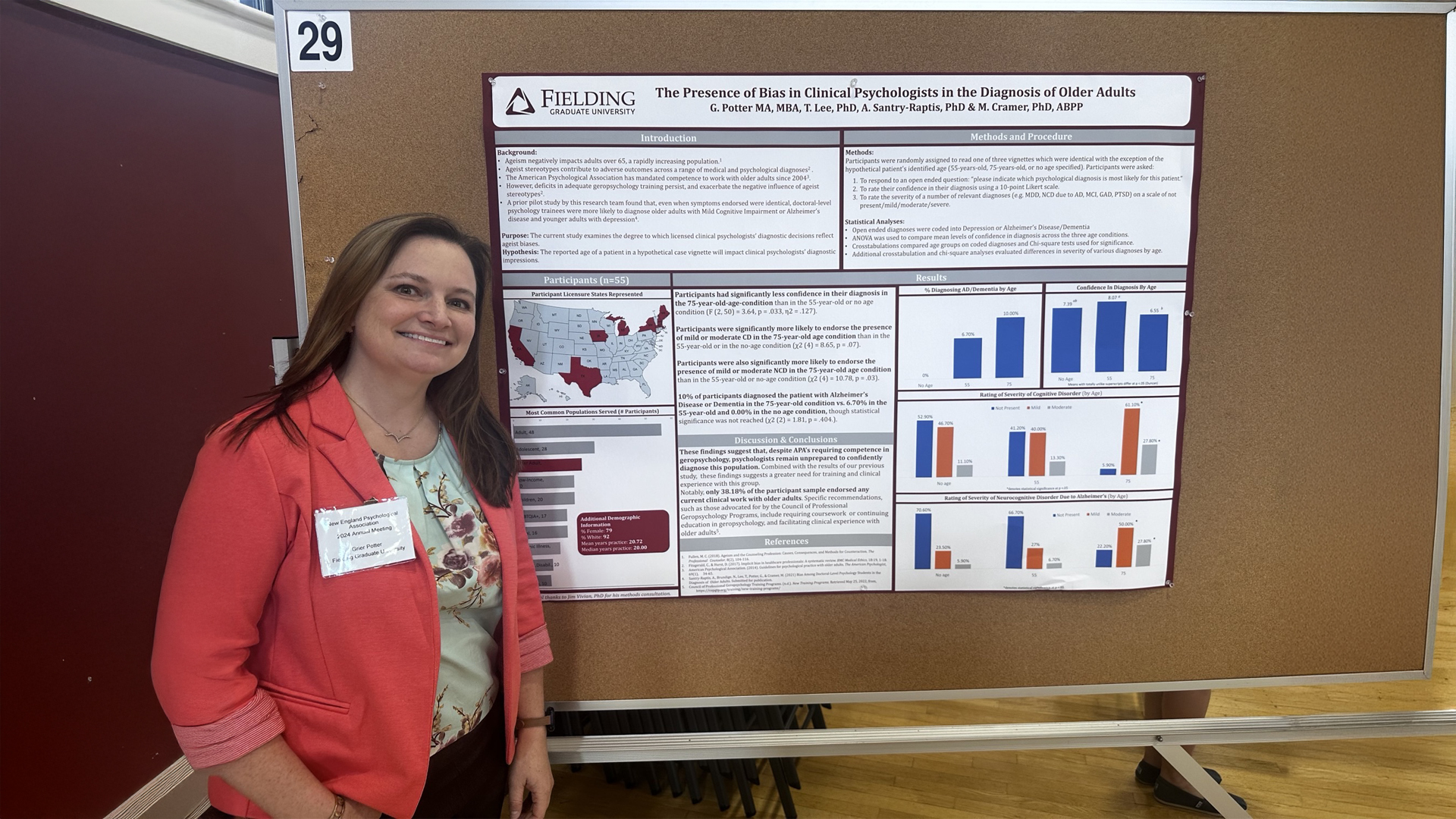By Richard Appelbaum, PhD
Doctoral Faculty – School of Leadership Studies
Director of Leadership for Sustainability Doctoral Concentration
As I write this, I cannot erase the images of Ukraine under siege. A bloodied mother, ready to give birth fleeing from a maternity hospital reduced to burning rubble. Endless lines of refugees under Russian fire in “safe” evacuation corridors. Ukrainian teenage boys and girls are taking up arms in what must seem a fight to the death against overwhelming odds. I am inspired by Zelensky’s fearless courage and resolve; I am enraged and frightened by Putin’s determination to reclaim Ukraine at whatever human cost.
Why has one European nation invaded another with inevitably tragic consequences – something we thought (or at least hoped) had ended with the Cold War? I am no expert on Ukraine, nor have I ever been there, although my forebearers left its shtetls in the 19th century, fleeing pogroms and economic hardship. Like all of you reading this, I have tried to make sense of the senseless, drawing on whatever sources I can find. I have also been educated by a UCSB doctoral student who has lived with us on and off for a decade, James Altman. He spent two years in Donbas (eastern Ukraine) along the line of fire, documenting the plight of children for UNICEF.
Why is this happening? I have encountered two plausible explanations.
One lays the blame squarely at the feet of the U.S. and NATO. In a recent article in Salon, Pulitzer Prize-winner Chris Hedges lays this out clearly and forcefully. In his view, after the Soviet Union collapsed in 1989, NATO’s eastward expansion – which eventually included many of the countries that had been part of the Soviet Union – brought the military alliance (and its nuclear weaponry) to within 100 miles of Russia’s borders. Let’s not forget that when the Soviet Union tried to put nuclear missiles on our doorstep in Cuba, we risked nuclear war to prevent that from happening. George F. Kennan, then considered U.S.’s foremost Russian expert, in a 1997 New York Times op-ed called this expansion of NATO “the most fateful error of American policy in the entire post-Cold War era,” predicting that it “may be expected to inflame the nationalistic, anti-Western and militaristic tendencies in Russian opinion; to have an adverse effect on the development of Russian democracy; to restore the atmosphere of the cold war to East-West relations, and to impel Russian foreign policy in directions decidedly not to our liking.”
The other explanation agrees that NATO expansion, and the Europeanization of much of the former Soviet Union, have fueled Putin’s nationalistic desire to restore what he sees as the greatness of the Russian empire. But it takes that explanation one step farther and places the blame squarely on Putin. Fiona Hill served in various high-level Russian and Eurasian intelligence posts under Bush, Obama, and Trump. She famously testified on Trump’s mishandling of Ukraine during the first impeachment hearings. In a recent New York Times discussion piece, she argues that Putin, after 22 years in power and with virtually total control, is “focused on regathering the lands of the old Russian Empire, not just the Soviet Union… his fear, as far as I can tell from some of his speeches, is not just that Ukraine is going to fall into a NATO security umbrella, but there’s going to be a Westernization or even a Ukrainianization of the identity of the Ukrainian people. And once that is done, then Russia can’t get them back, because then you are just occupying a land, not reintegrating with your brothers and sisters.”
There is plenty of blame to go around, but none of this helps end Putin’s destruction of Ukraine, the bombing of its people, the flood of refugees. But it does suggest one possible face-saving way out—what the pundits call an “off-ramp”(how gentle!) that would enable Putin to claim victory and cut his losses in a war of resistance by the Ukrainian people. There are rumors that Zelensky has offered to take NATO membership off the table. NATO could find some way to back that pledge, which, in turn, would remove at least one of Putin’s concerns and call his bluff.
I draw two long-range conclusions. Neither directly addresses the unfolding tragedy in Ukraine, but both are clearly revealed by the conflict.
First, there is an urgent need to get rid of nuclear weapons. Once again, the world is teetering at the brink of nuclear warfare. ICAN, the Nobel Prize-winning International Campaign to Abolish Nuclear Weapons, provides an excellent portal for activism. In my community of Santa Barbara, the Nuclear Age Peace Foundation (NAPF), a member of ICAN, “wages peace” to play this role.
Long-term goal: nuclear 0.
Second, there is an urgent need to end our global economic dependence on fossil fuels. The war in Ukraine reveals the global dependency on oil supply chains. Stopping the global flow of Russian oil would likely trigger a global economic collapse. Americans may champion Ukraine’s courageous fight for democracy, but whether they are willing to pay an economic price—even in the form of high gasoline prices—will be tested in the midterm elections. Most of us are all for cutting carbon emissions for environmental reasons; global interdependence on oil adds another compelling reason to prioritize this. There are countless organizations addressing carbon dependency; for those of my (aging) generation, check out Third Act and Elders for Climate Action; for the more youthful, there are the Sunrise Movement and UNICEF’s Youth for Climate Action.
Long-term goal: carbon 0.
Join Over 7,500 Fielding Alumni Located Around The World!
Change the world. Start with yours.™






Get Social